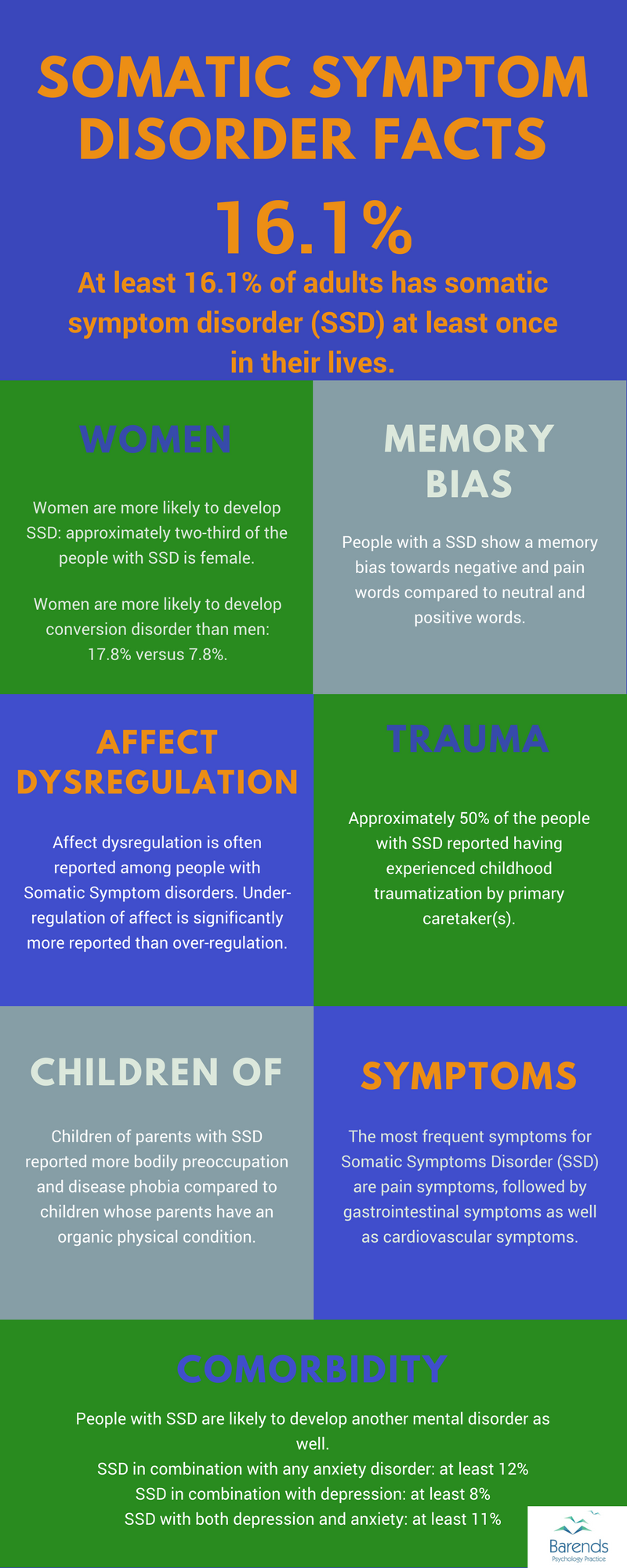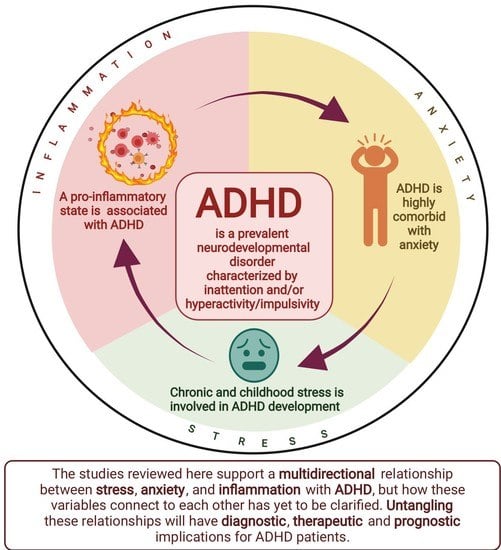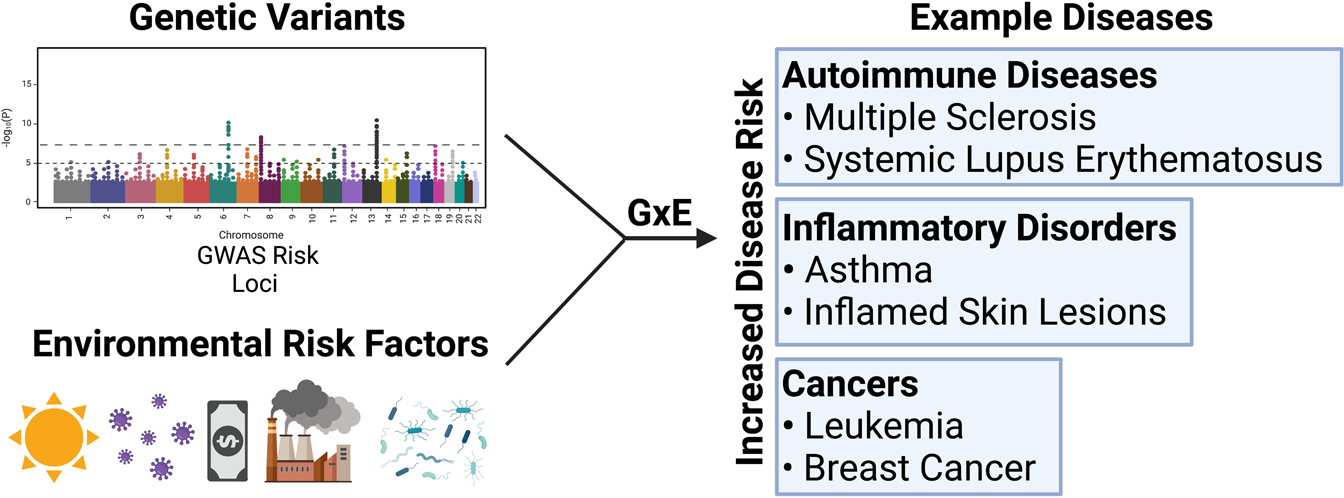A somatization comorbidity phenotype impacts response to therapy
Por um escritor misterioso
Descrição
Background Comorbidities may contribute to disease activity and treatment response in rheumatoid arthritis (RA) patients. We defined a somatization comorbidity phenotype (SCP) and examined its influence on response to certolizumab pegol (CZP) using data from the PREDICT trial. Methods Patients in PREDICT were randomized to the patient-reported Routine Assessment of Patient Index Data 3 (RAPID3) or physician-based Clinical Disease Activity Index (CDAI) for treatment response assessment. Post-hoc analyses identified patients with the SCP, which included diagnosis of depression, fibromyalgia/myalgias, and/or use of medications indicated for treatment of depression, anxiety, or neuropathic pain. The effect of the SCP on RAPID3 or CDAI response at week 12 and low disease activity (LDA; Disease Activity Score in 28 joints based on erythrocyte sedimentation rate ≤ 3.2) at week 52, in week-12 responders, was analyzed using non-parametric analysis of covariance (ANCOVA). Results At baseline, 43% (313/733) of patients met the SCP classification. Patients with the SCP were 9% more likely to withdraw from the trial. American College of Rheumatology 20% (ACR20), ACR50, and ACR70 responses were 5–14% lower among those with the SCP, and 11% more patients reported adverse events (AEs). Patients without SCP in the CDAI arm were twice as likely to achieve LDA at week 52 compared with those with SCP (32% versus 16%). No differentiation by SCP was observed in the RAPID3 arm (pooled result 21.5%). Conclusions We operationalized a potentially important somatization comorbidity phenotype in a trial setting that was associated with a substantially lower likelihood of treatment response and a higher frequency of AEs. Including large numbers of patients with this phenotype in RA trials may reduce the measured clinical effectiveness of a new molecule. Trial registration ClinicalTrials.gov, NCT01255761 . Registered on 6 December 2010.

PDF) Response to: “A somatization comorbidity phenotype impacts response to therapy in rheumatoid arthritis: post hoc results from the certolizumab pegol phase 4 PREDICT trial”

Identifying and visualising multimorbidity and comorbidity patterns in patients in the English National Health Service: a population-based study - The Lancet Digital Health

Somatic symptom disorder (SSD) - what is it? Definition and information.

The translational genetics of ADHD and related phenotypes in model organisms - ScienceDirect

Heatmap of comorbidity prevalence in the three subgroups identified by

Biomedicines, Free Full-Text

Gene–environment interactions and their impact on human health

Clonal hematopoiesis and inflammation: Partners in leukemogenesis and comorbidity - ScienceDirect

Paediatric asthma and non‐allergic comorbidities: A review of current risk and proposed mechanisms - Brew - 2022 - Clinical & Experimental Allergy - Wiley Online Library

Understanding the somatic consequences of depression: biological mechanisms and the role of depression symptom profile – topic of research paper in Clinical medicine. Download scholarly article PDF and read for free on
de
por adulto (o preço varia de acordo com o tamanho do grupo)







